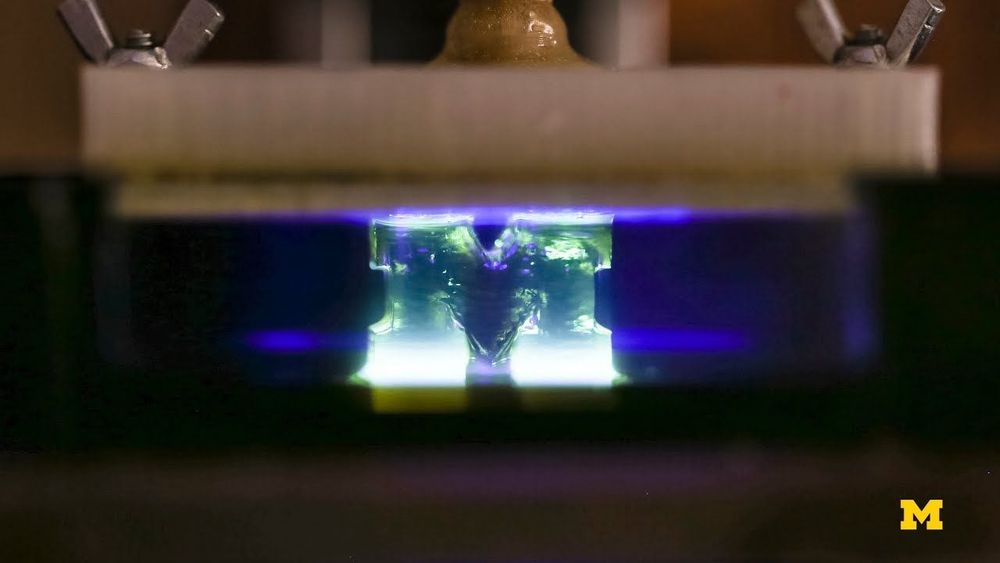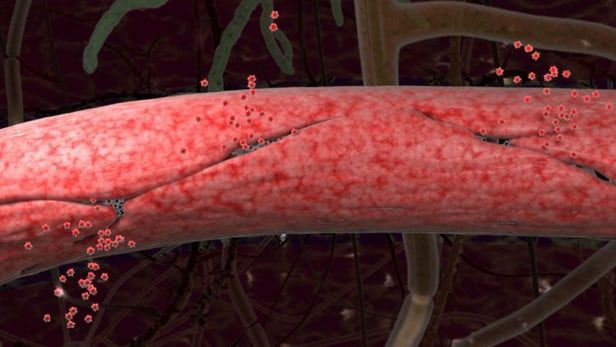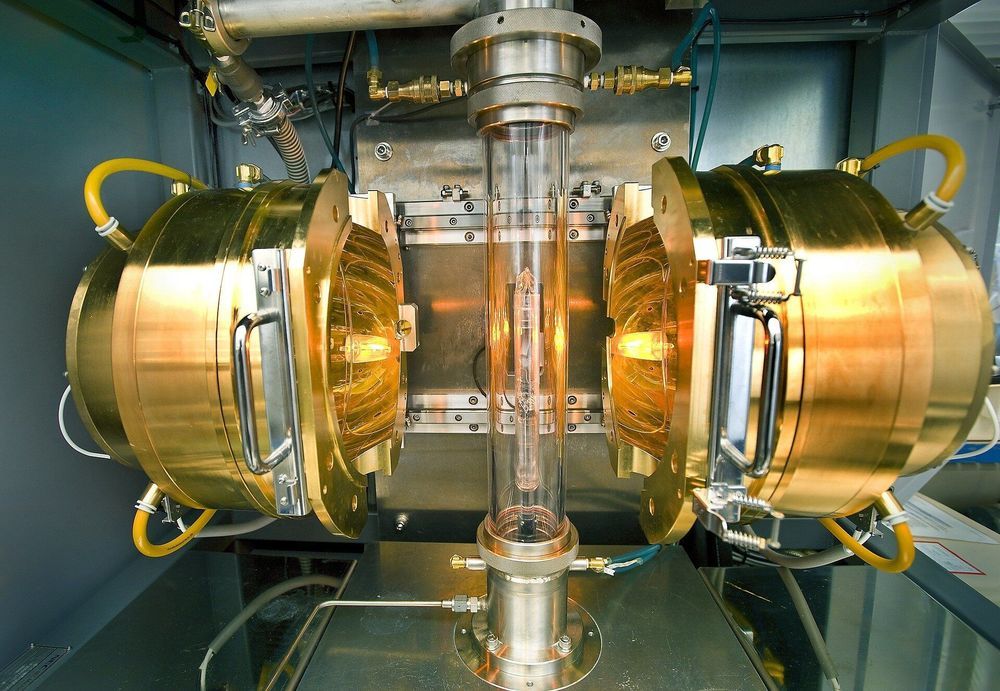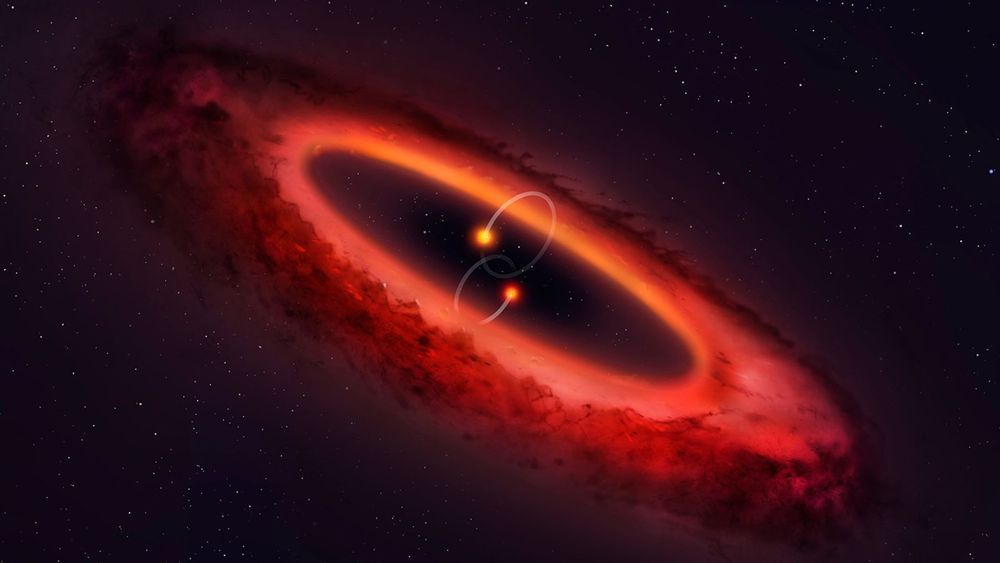Jan 15, 2019
Liver transplant breakthrough to halve the waiting list, say experts
Posted by Genevieve Klien in categories: biotech/medical, innovation
A machine which triples the time livers can survive outside the body promises to halve the transplant waiting list, experts have said as officials approved its use in the NHS.
Hundreds more patients with advanced liver disease — Britain’s fifth biggest killer — have hope of a successful transplant after the “game-changing” technique was given the green light by the National Institute of Health and Care Excellence (Nice).
Currently livers intended for transplant typically survive for only about eight to ten hours on ice.
Continue reading “Liver transplant breakthrough to halve the waiting list, say experts” »


















